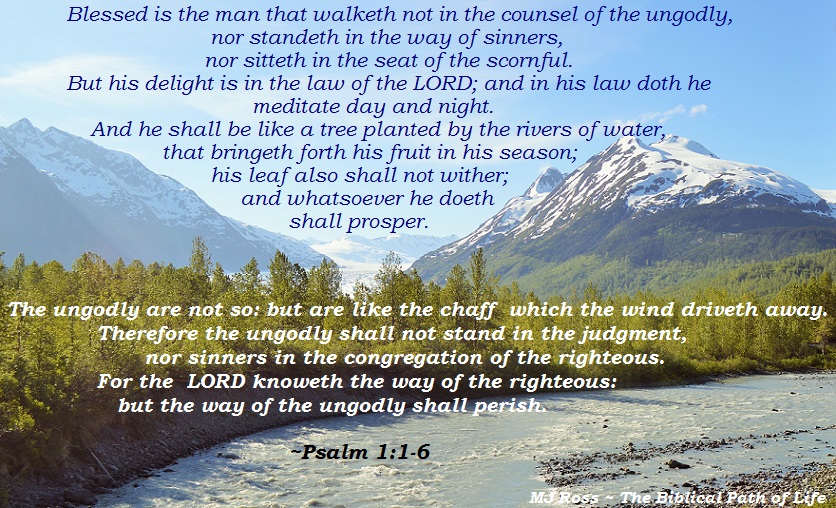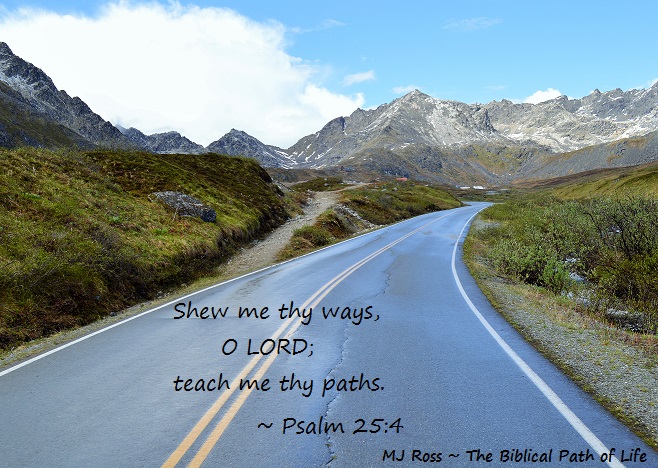
Psalm 1:1-6
Who in this world doesn’t want to be blessed (happy)? The Bible clearly helps us understand how to be blessed. “Blessed is the man that walketh not in the counsel of the ungodly, nor standeth in the way of sinners, nor sitteth in the seat of the scornful” (Psalm 1:1). This should be rather simple to understand.
- Do not walk in the counsel of the ungodly. (Do not walk with people who are morally wrong, following their advice.)
- Do not stand in the way of sinners. (Do not stand, or make the course of your life, with sinners – those who choose to disregard God’s Word.)
- Do not sit in the seat of the scornful. (To sit down and live, or dwell continually, with those who scoff or mock the things of God.)
One can notice that there is a progression. First, one walks with sinners. Most do not find this a big deal. However, then one stands with them and chooses to make them their “friends.” Finally, one sits down with them, dwelling continually with them, and they proceed to disregard, scoff and mock the things of God. It does not happen all at once. It takes time with most people. A little compromise here, a little compromise there, and before one knows what happens, one can be quite comfortable dwelling in this world and its system – far from God and His plan.
Now that we have read what one is not to do, see what Psalm one tells one to do. “But his delight is in the law of the LORD; and in his law doth he meditate day and night” (Psalm 1:2). Read, know and live God’s Word – and enjoy it for it is important! When one does that, life is compared to a tree planted by a river that grows and thrives, producing fruit (see Psalm 1:3). Compare that picture with the following: “10. For as the rain cometh down, and the snow from heaven, and returneth not thither, but watereth the earth, and maketh it bring forth and bud, that it may give seed to the sower, and bread to the eater: 11. So shall my word be that goeth forth out of my mouth: it shall not return unto me void, but it shall accomplish that which I please, and it shall prosper in the thing whereto I sent it” (Isaiah 55:10-11). God’s Word lived out in one’s life makes all of the difference!
Read the life of one who chooses to walk with the ungodly: “4. The ungodly are not so: but are like the chaff which the wind driveth away. 5. Therefore the ungodly shall not stand in the judgment, nor sinners in the congregation of the righteous” (Psalm 1:4-5). The ungodly will be driven away and not allowed to stand or sit with the righteous.
The finality is declared in the closing verse of Psalm one. “For the LORD knoweth the way of the righteous: but the way of the ungodly shall perish” (Psalm 1:6). God knows those who belong to Him. The rest will perish (they will be like the worthless chaff that is driven away). Remember what makes the difference: “He that believeth on the Son hath everlasting life: and he that believeth not the Son shall not see life; but the wrath of God abideth on him” (John 3:36).
Are you “blessed?”








